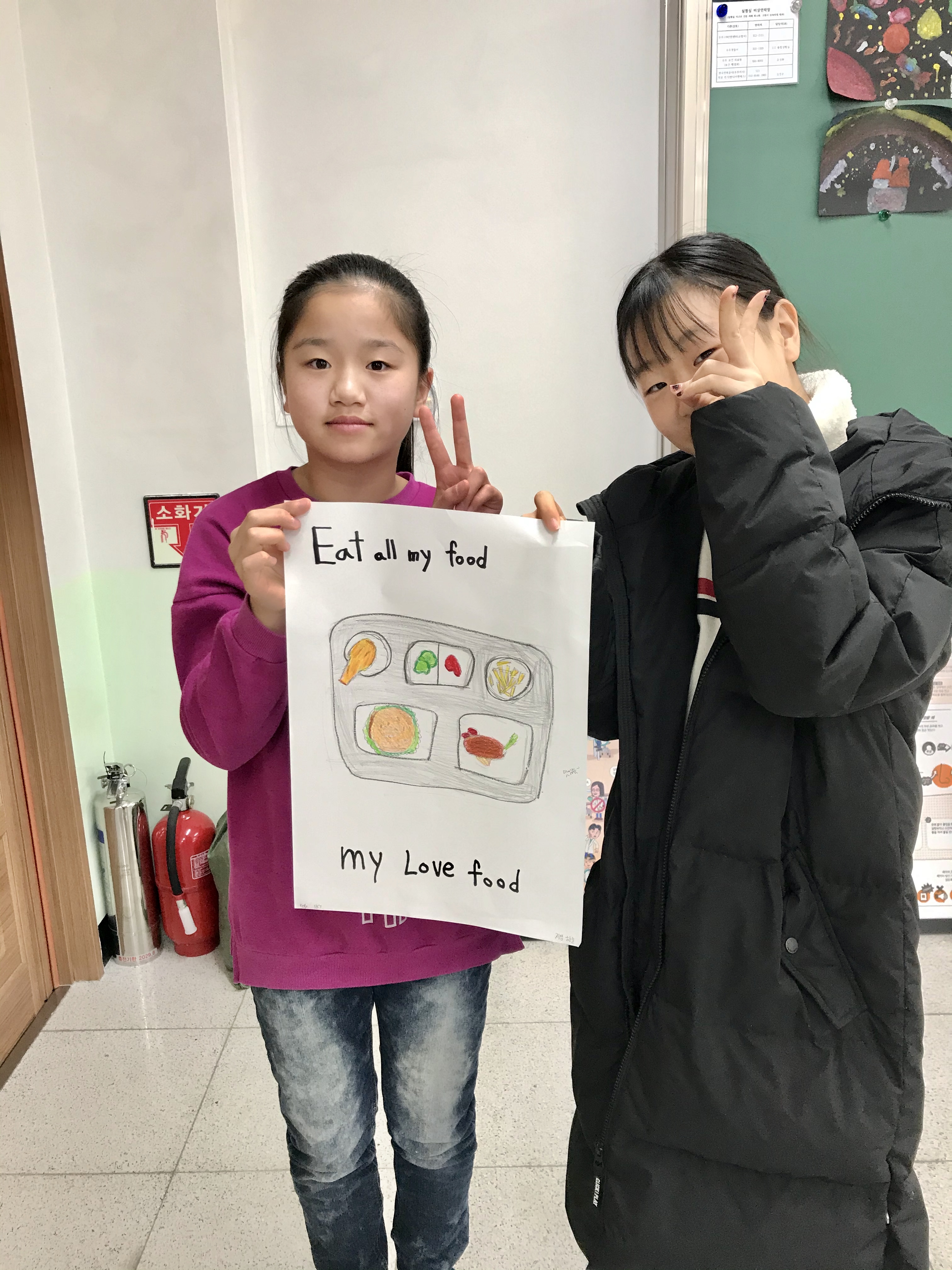The Korean school year ends with the calendar year, followed by the longer of the two school breaks: winter break. During this time, it is not uncommon for a foreign teacher to be “asked” to host an English Camp at one of their schools, as I was. My instructions were these: the first week of January, you will host an English Camp; camp will be 80 minutes a day, for 5 days, consisting of a mix of 3rd to 6th grade students, number of students unknown.
After some gentle harassing I also got: you will not have any co-teachers and camp can be about anything you want.
Vague? Yes, very vague.
It amazes me how often it is just assumed that I know what to do. The desired outcome of “do this camp” is not inherently clear to me, nor is what an English Camp should entail—besides, of course, English. Is it teaching, or just glorified babysitting (with hindsight I can say the answer lies somewhere in the middle, closer to the babysitting side)? Add to the confusion that, while ability levels within classes varies profoundly, the variance between grade levels is another beast entirely, and I was at a loss for what to do.
So, with all this in mind, I put my teacher pants on and my approach to camp went like this: share something I am passionate about with my students, keep it simple, and work with what I have. With that, the camp theme emerged: Love the Earth.
As I detailed in my last blog post about my year of living simply, one of my goals in 2020 is to share what I am doing and learning in regards to living more sustainably. So, after two days of learning about the things that grow in—fruits, vegetables, trees, flowers—and live on—people, animals—the earth, Wednesday focused on discussing ways to keep the earth clean, complete with games and poster-making.



Perhaps the most fun came in the form of a classic art project from my American childhood: paper mache. In an effort to include a craft in the week’s itinerary whilst keeping it simple—working with what I had and buying nothing—I turned to the drawer full of craft supplies previous foreign teachers had passed on. Balloons, string, paint… my wheels started turning. Schools are lousy with scrap paper perfect for shredding, and I had a hardly touched bag of flour in my kitchen cabinet. We would make paper mache earths!
I reacquainted myself with the paste recipe, made my own example for demonstrative purposes—and to gauge drying time—and came into camp equipped with my supplies, ready to kick English Camp’s ass. I did, however, fail to consider one seemingly unrelated thing: Koreans eat fried chicken with plastic gloves on. Why? Because they don’t like getting their hands dirty. And what is the most fun part about paper mache? It is one big mess!
After some initial squeamishness—and unmet requests for gloves—the students persevered (fighting!). It is fair to say that they preferred painting the dry globes a few days later, but regardless I am going to count the craft a success! Ultimately, the week was less painful than I had anticipated upon hearing the initial (lack of) directions, the kids had fun and—maybe, hopefully—learned something that might stick with them, their earth creations serving as a reminder.
And with that the week is up, English Camp is over, I am not a teacher for 2 months, and winter vacation can begin: we fly out for Japan tomorrow!

